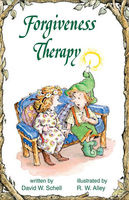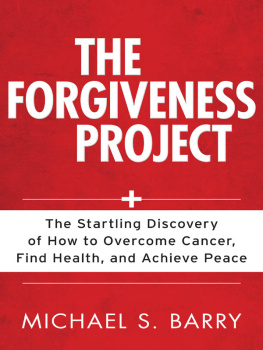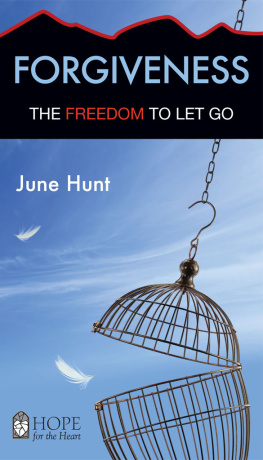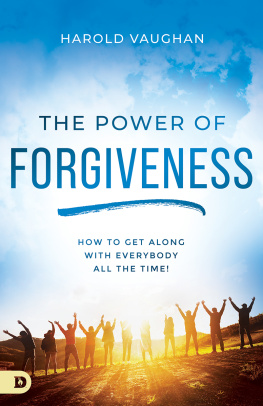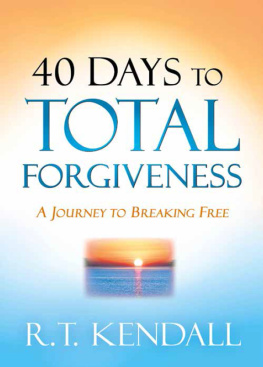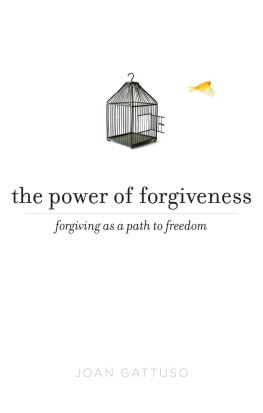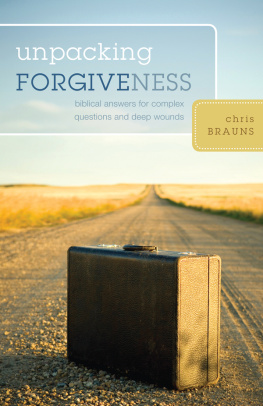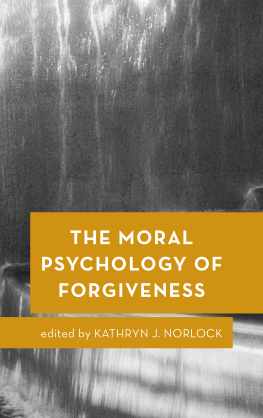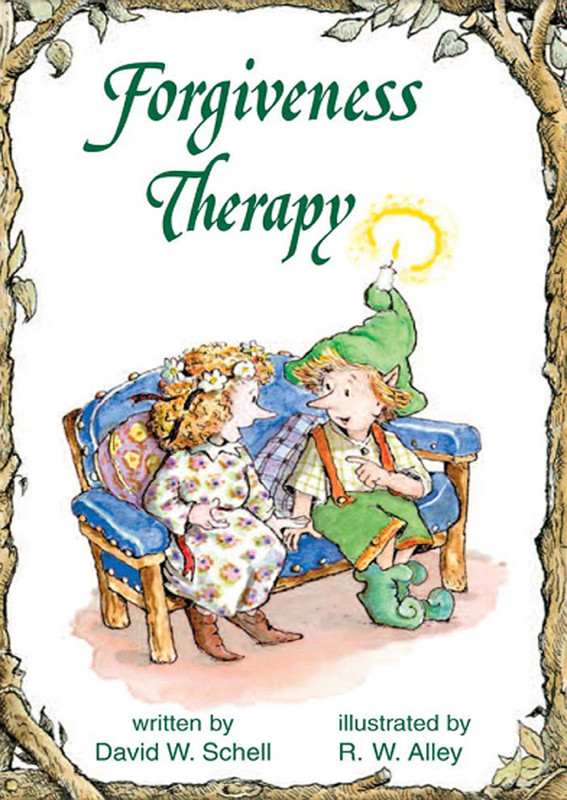
Forgiveness Therapy
David W. Schell
Illustrated by R. W. Alley

Abbey Press
Foreword
In his most popular work, Mere Christianity, C.S. Lewis wrote, Everyone says forgiveness is a lovely idea until they have something to forgive.... Unfortunately, when we need its healing power most, forgiveness may seem neither a lovely idea nor an empowering oneonly elusive, at best. And so, victimized once by whatever wrongs were done to us, we victimize ourselves again and again by allowing anger to take up residence in and drain vitality from our souls.
Life is a wonderful gift to be treasured and shared. But anger and resentment, fed by a refusal to forgive, block healing and growth. The gift becomes damagedand all of us lose.
The thirty-five axioms in Forgiveness Therapy are inspired by the authors book, Getting Bitter or Getting Better Choosing Forgiveness for Your Own Good. They can guide you through those times when your desire for vengeance seems to overshadow the power of love. They can help you find your own God-given emotional and spiritual strength to avoid bitterness and arrive at forgiveness.
Use and practice the axioms. Struggle with some, have fun with othersas you grow in celebrating your life as the greatest of all gifts.
1.
Forgiveness means bending without breaking, being strong enough to withstand the heavy weight of injury but resilient enough to recover. Be forgiving!

2.
Life is never perfect and often unfair. Forgive lifes inevitable failures.
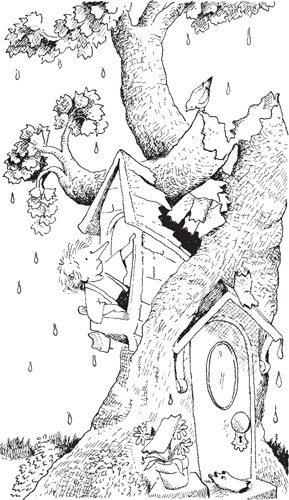
3.
Forgive yourself: for what you regret doing and for what you wish you had done, for not being fully yourself and for being only yourself.
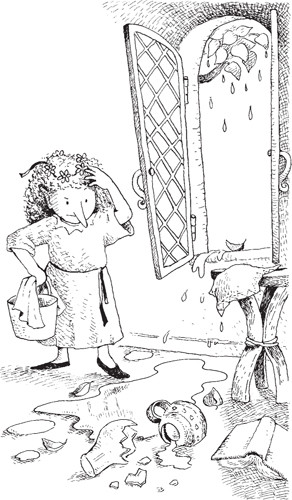
4.
Self-forgiveness cleanses the soul, washing away shame and guilt. Out of self-forgiveness comes the power to extend forgiveness to others.
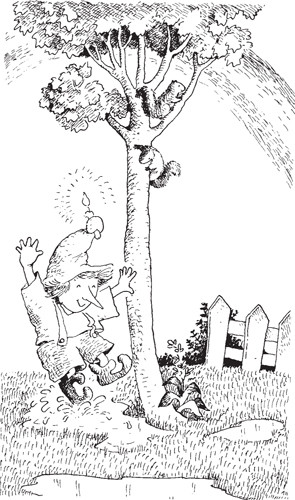
5.
You have the right to feel sad, betrayed, angry, resentful when youve been injured. Understand, accept, and express your feelings. Pushing them below the surface only means they will erupt in another place, at another time.
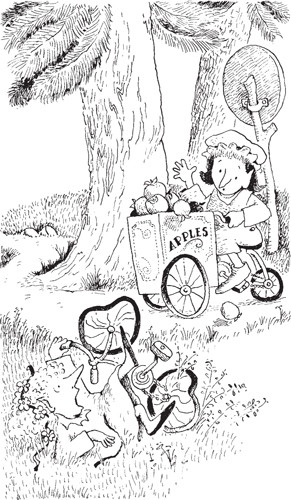
6.
Confront those who have hurt you; tell them how you feel. When thats impossible or when that could harm you or someone else, speak to them in your imagination.
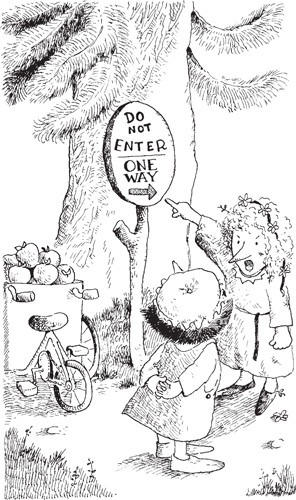
7.
Forgiveness does not mean accepting further abuse or continuing destructive relationships. Establish boundaries for what is acceptable to you and make those boundaries clear to others. Hold them accountable for their actions.
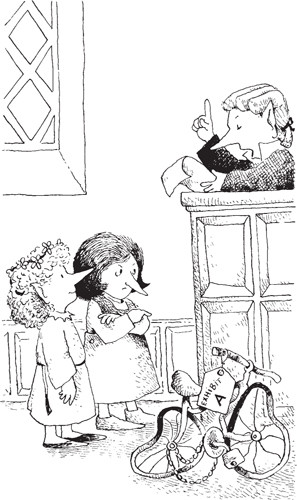
8.
Justice may right the wrongs, but forgiveness heals the hurt. Seek forgiveness beyond justice.
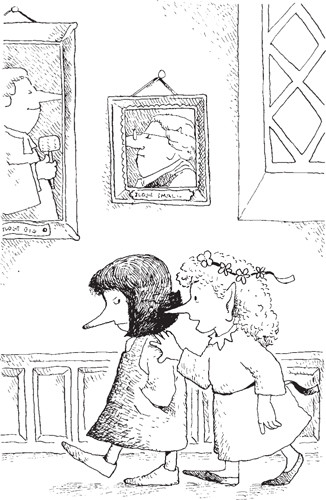
9.
Sometimes people hurt you because, like you, they are learning and growing. Forgive their incompleteness, their humanness.
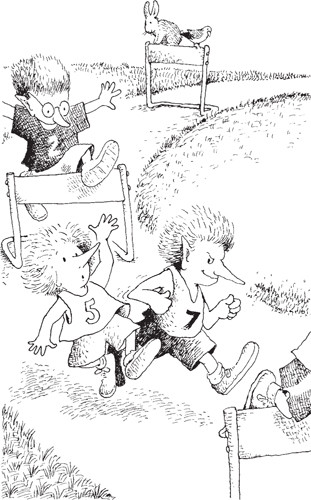
10.
To refuse to forgive is to continue to hurt yourself. Victimized once, your lack of forgiveness keeps you stuck as a victim, holding on to a victims identity. Instead, claim the identity of one who forgives.
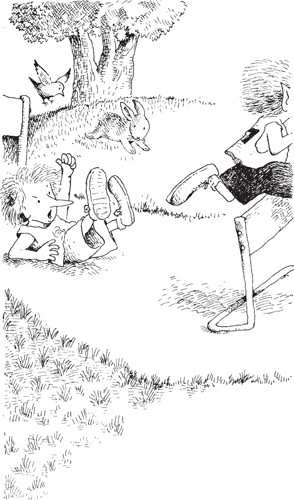
11.
Recognize how youve refused to forgive. Keeping inner monsters at bay requires energy. Instead, use your energy to affirm and embrace life.
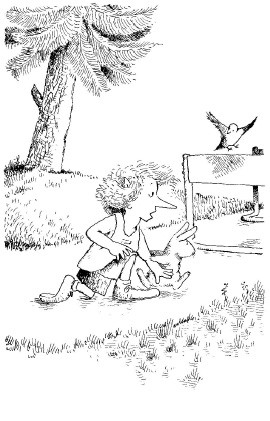
12.
Victims are helpless, at the mercy of the offender. By showing mercy to an offender, you put yourself back in control. Take charge by forgiving.
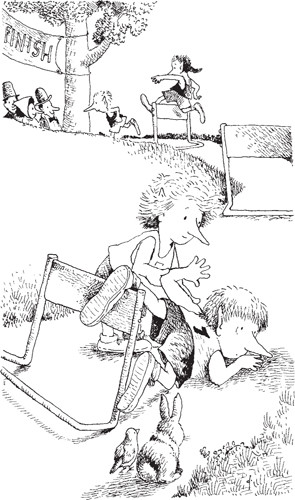
13.
Know that forgiveness is possible even in the most hurtful circumstances, even toward someone you may not trust or respect, even when someone doesnt seem to deserve forgiveness. It is a testimony to the goodness your Creator instilled within you from the first moment of your being.
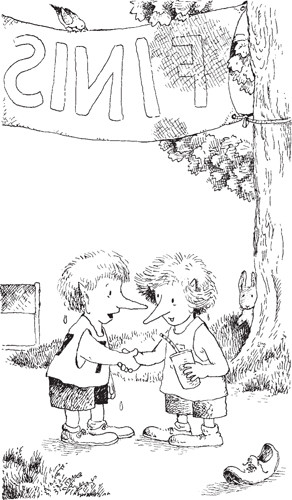
14.
Forgiveness is the only real prescription for the pain you feel over someone elses behavior. The healing choice is yours to make.
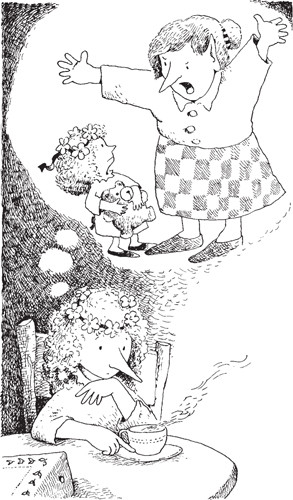
15.
Think of forgiveness as a powerful survival skill. It helps you find your way through the wilderness of misunderstanding, hurt, resentment, and hatred.
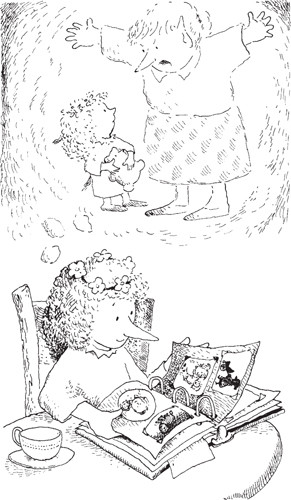
16.
If you find it hard to forgive your parents for their imperfect parenting, remember: they were shaped by the imperfect parenting they received from parents who were shaped by their own parenting, and so on and so on...
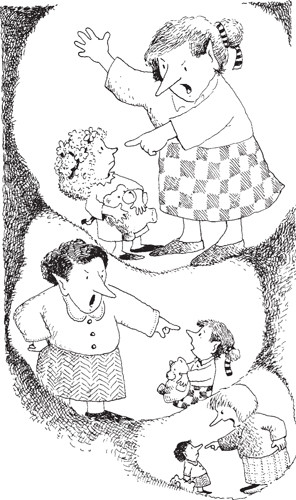
17.
Forget about forgetting an injury. Thats not always possibleand maybe at times not even desirable. Rather, choose to move on, past remembering to forgiveness.
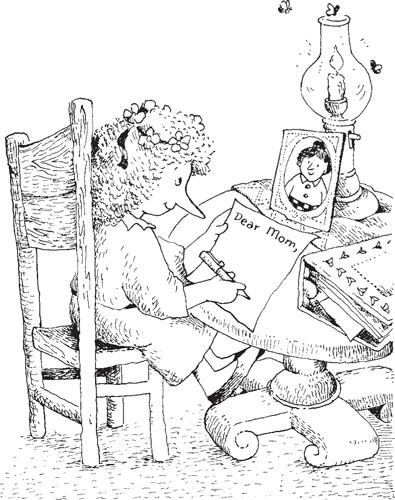
18.
Let forgiveness be the catalyst for a healthy chain reaction. Forgiveness sterilizes the wound, which permits healing, which releases energy for growth.
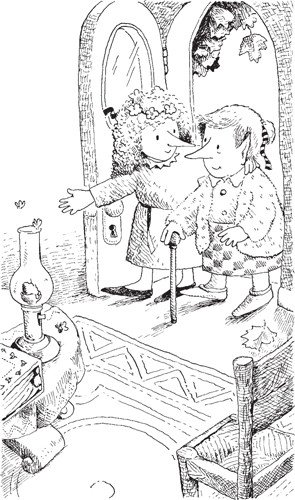
Next page
